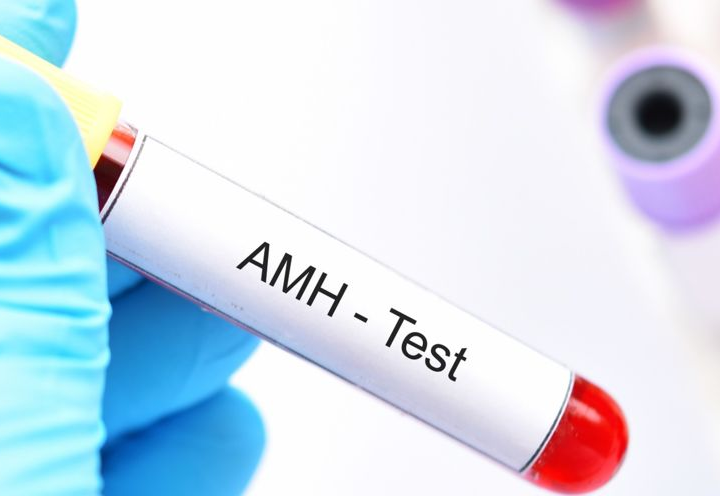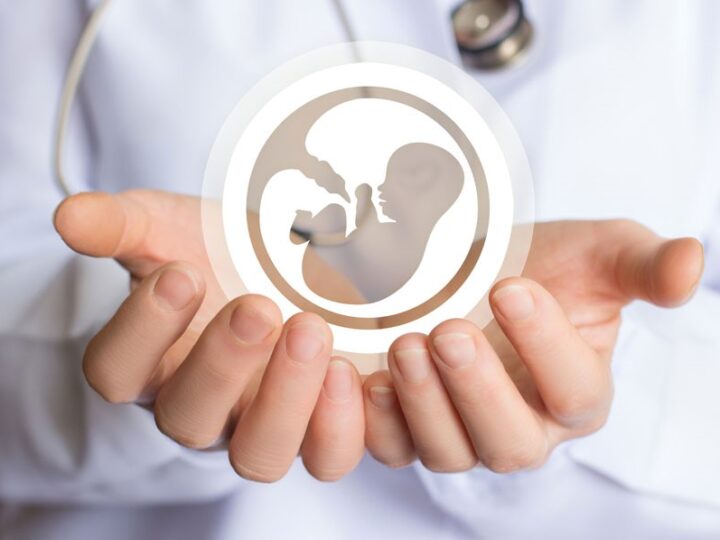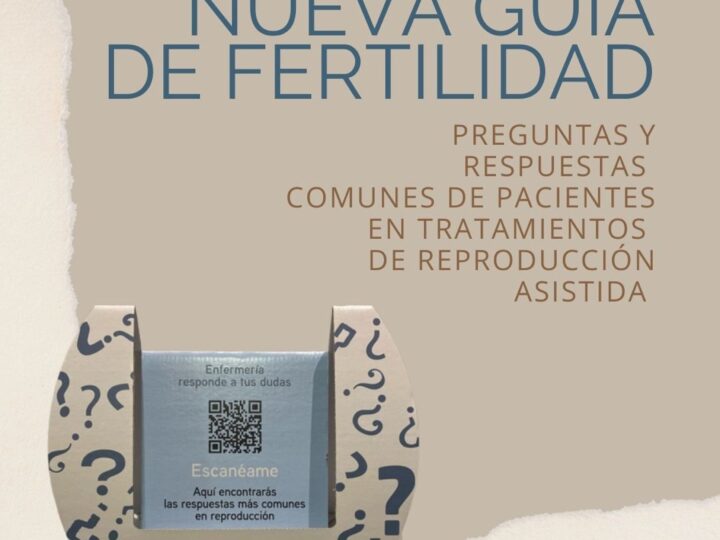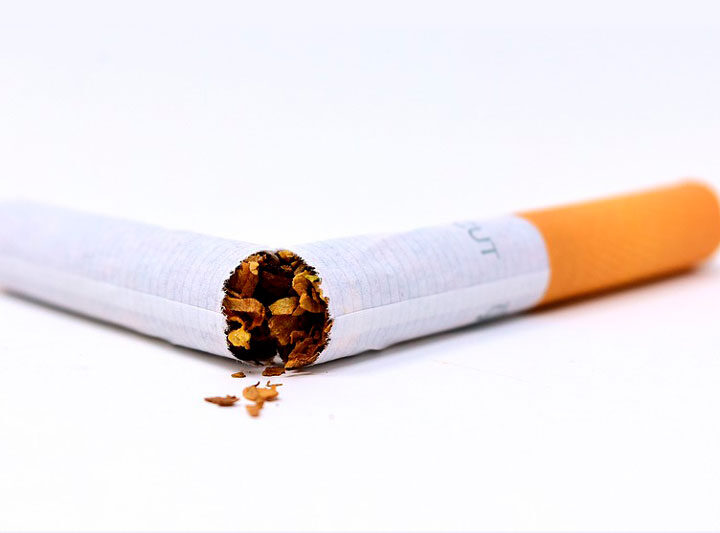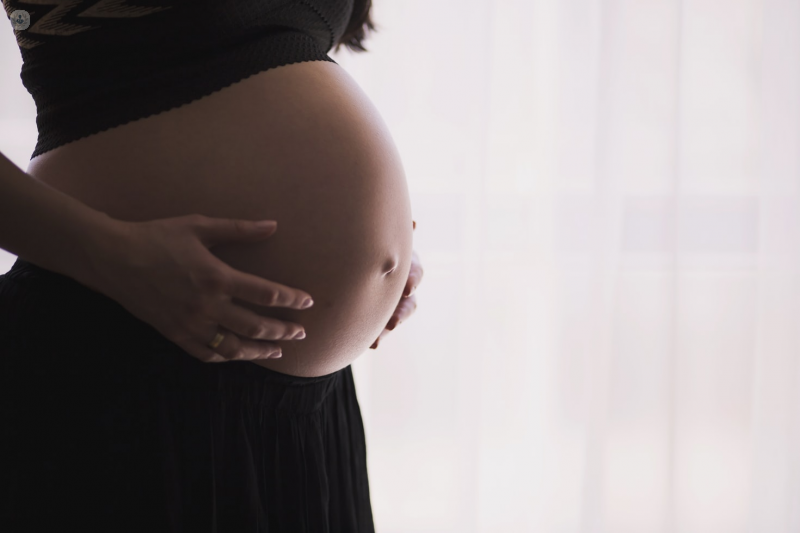
One of the possible treatments in assisted reproduction centres is egg donation or, scientifically, oocyte donation.
In this treatment, apart from the receptor (a woman who receives the embryo transfer), a second woman comes into play – a donor who will provide oocytes for the treatment.
The cycle of egg donation in assisted reproduction can be divided into two parts. On one hand, a donor undergoes ovarian stimulation and check-ups via ultrasounds and oocyte retrieval via follicular extraction. On the other hand, a receptor receives hormonal therapy simultaneously to prepare her endometrium before the embryo transfer. Both cycles – of a donor and a receptor – are coordinated with precision by doctors to adapt the timing of treatment.
Just like in In Vitro Fertilisation using the patient’s oocytes, once the donor oocytes are retrieved, they are fertilised with the partner’s or donor’s sperm, and the resulting embryos are developed in the laboratory until the day of the embryo transfer. On that day, the best-quality embryos are transferred to the uterus of the receptor woman – the process is quick and mostly painless.
Egg donation is done when IVF/ICSI treatment is impossible with the eggs of a patient due to advanced age, low ovarian reserve, early menopause, previous gonadotoxic treatments (chemotherapy, surgical resection, etc.) or past failures in stimulations.
Egg donation in Spain is an anonymous process, hence doctors of a clinic always select the donors and do not provide any information about them.
Regarding donor selection, the legislation in Spain determines that the receptor’s phenotypical characteristics, such as blood group, hair, skin colour, etc., must always be respected. Oocyte donors must fulfil strict requirements to be able to become donors. They are young women between 18-35 years old without hereditary antecedents in their families. A list of blood, genetic and psychological tests are done to ensure safety and the highest success of the donation process. For example, we test their karyotype to see that all chromosomes are normal and test the donors for viral diseases to make sure that no viral diseases are passed onto the future baby.
If you would like to solve your doubts about this or start a different treatment (artificial insemination, in vitro fertilisation (IVF)) you can contact us by email at info@centromedicomanzanera.com or by sending a contact form on our website: https://www.centromedicomanzanera.com/en/formulario_en/.
María Pombar Gómez
Embryologist
IMAGE: https://www.topdoctors.es/diccionario-medico/embarazo
#assistedreproduction
#fertilitytreatment
#eggdonation
#IVF
#ICSI
#ivficsi
#artificialinsemination
#manzaneraclinic
#oocytedonation
#ovodon
#spermdonation
#gametedonation

